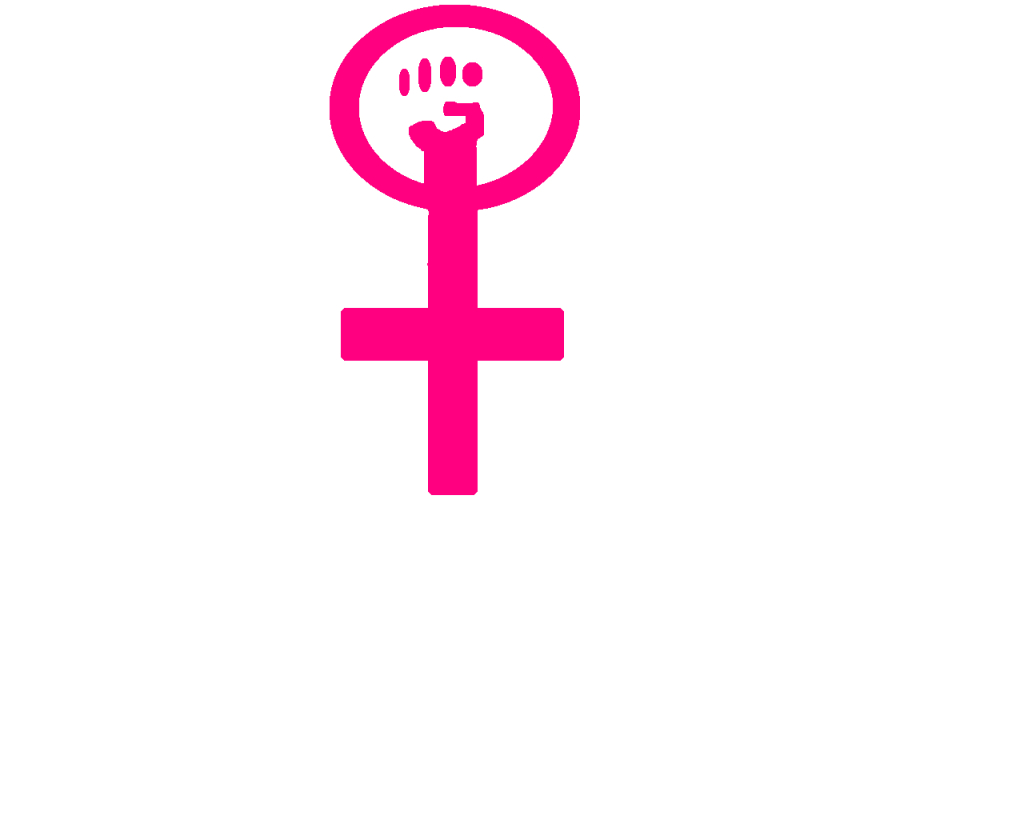During high school, the principal consistently told Eileen Pollack that “girls should never go on in science and math,” according to The New York Times.
After teaching herself astronomy and calculus, Eileen Pollack attended Yale University where she remained insecure as the only girl in her physics classes.
Boys in her class would complete problem sets in teams without her, while she had to dress in certain ways to be taken seriously by scientists.
Not a single professor complimented her on her talents or encouraged Eileen to go to graduate school.
Although Eileen graduated summa cum laude, she did not go on in physics.
Feminism is a social movement advocating for equal recognition of human rights and associated protections of all genders.
However, because feminism has been incorrectly associated with radicals who want to oppress all men or advance women right’s beyond those of men, many critics denounce feminists as man-haters, feminazis and a plethora of other derogatory labels.
Consequently, many celebrities and individuals have vocally attacked feminism and labeled themselves as humanist, equalist or egalitarian.
Unfortunately, people advocating for equal rights often forget that it is possible to be both egalitarian and feminist.
Although humanists, equalists, egalitarians and feminists have the same objective, the term “feminism” is absolutely necessary because women are still oppressed everywhere in the world and because men benefit from feminism.
Many critics of the terms “feminism” and “feminist” overlook that being specific does not mean being exclusive.
Egalitarian, humanist and equalist are all umbrella terms that include equality movements such as LGBT rights advocate, Native American civil rights supporters and feminists.
The term feminist exists to streamline the focus of gender equality to issues where women are oppressed because women are more oppressed than men.
“The phrase ‘equalism’ or ‘humanism’ is inherently dishonest—feminism is about women,” senior Mirren Arney said. “Feminism’s ultimate goal is gender equality.”
The institutionalized patriarchy—the oppression of women and, to some extent, men with traditionally harmful gender roles and with men primarily in positions of power—remains a threat in our world.
Although women in the U.S. have some fundamental rights such as the right to vote, they still do not have the right to have equal social mobility, the right to express themselves freely without being accused of being “bossy” or “asking for it,” and many other basic liberties and rights.
With the failure of the Equal Rights Amendment, women still have not had the essential provision of equality of rights under the law in the U.S. legal system.
Feminism strives to have every woman make one dollar, not 77 cents, for every dollar that every man earns, according to The Economic Policy Institute. Feminism strives to have 0% of women, not 80% of women in the U.S., dissatisfied with their appearance, according to the Social Issue Research Center. Feminism strives to have zero women, not one-third of women, as victims of rape, according to The New York Times.
Although critics deem that few women are interested in STEM, business and legal professions, women are deterred from these professions because they are constantly discriminated in them.
According to the pharmaceuticals company Bayer AG, 40% of women wanting to study STEM were discouraged from doing so, while 44% of them cite their professor as the source of discouragement.
Similarly, according to Yale University, both male and female employers perceive male employees as more competent, more hirable and more deserving of a higher salary than female employees with the same qualifications.
As the list of oppression against women from the institutionalized patriarchy spans almost as long as the digits of pi, we need the term “feminism” to specifically focus on the issues where women are being oppressed.
In addition, feminism also specifies the focus of gender equality towards the patriarchal oppression of men.
Although most of the detractors of feminism are understandably male, feminism also destroys unhealthy gender stereotypes against men.
By attacking the established patriarchy, feminism hopes to change people’s mindsets so that men are not insecure because their body isn’t strong, slim or big enough; so that men are not unnaturally taught to be emotionally insensitive; and so that men are not ridiculed for their interest in singing, cooking or any other “traditionally girly” activity.
According to the Boston Globe, many men feel compelled both consciously and subconsciously to prove their dominance over everyone by using violence.
Many movies, TV shows, video games and modern culture infused with patriarchal concepts teach men that they have animalistic instincts and must conform to certain violent responses with other men and women.
Feminism holds that men should not have anything constraining them.
Although critics might claim that feminists should be called gender equalists or gender egalitarians since feminism aims for positive gender reform with women and men, ultimately, women are oppressed in many more ways that men cannot experience because of the historically established male culture.
“Acknowledging the importance of gender equality is not enough. I do not believe that there is some great conspiracy in which men everywhere are cackling to themselves while they intentionally pay women less or refuse to offer them promotions,” Arney said.
“Unlearning these harmful attitudes requires a conscious effort. Change requires work, and glorifying some vague concept of equality without actively working to validate women is not going to accomplish anything. Feminists recognize this, but I have seen no proof that ‘equalists’ do.”
Feminists are aiming for gender equality, and we need to label these individuals as feminist because women’s rights are significantly more oppressed than those of men.
So let’s all woman and man up!
We are not just equalists; we are also feminists.
Feminism does not equal equalism: Feminists aren’t just equalists or humanists
Categories:
0
Navigate Left
-
 OpinionsHome Away from Homework
OpinionsHome Away from Homework -
 OpinionsDress to Impress
OpinionsDress to Impress -
 OpinionsPlaque Attack
OpinionsPlaque Attack -
 OpinionsSchedule Lacks Class
OpinionsSchedule Lacks Class -
 OpinionsAn Active Problem
OpinionsAn Active Problem -
 OpinionsFeedback Reform
OpinionsFeedback Reform -
 OpinionsHot Topic
OpinionsHot Topic -
 OpinionsRepresentation Made Real
OpinionsRepresentation Made Real -
 OpinionsOppression On Every Plate
OpinionsOppression On Every Plate -
OpinionsGrade A Problem
Navigate Right
About the Contributor

BRIAN MIN, OPINIONS EDITOR
Brian Min is a senior at Trinity Prep and is the opinions editor for the Trinity Voice. He has been on the Trinity Voice staff for two years. With his articles about educational policy and politics, Brian (Byung Ju) strives to bring honor to his family. Contact at [email protected].




